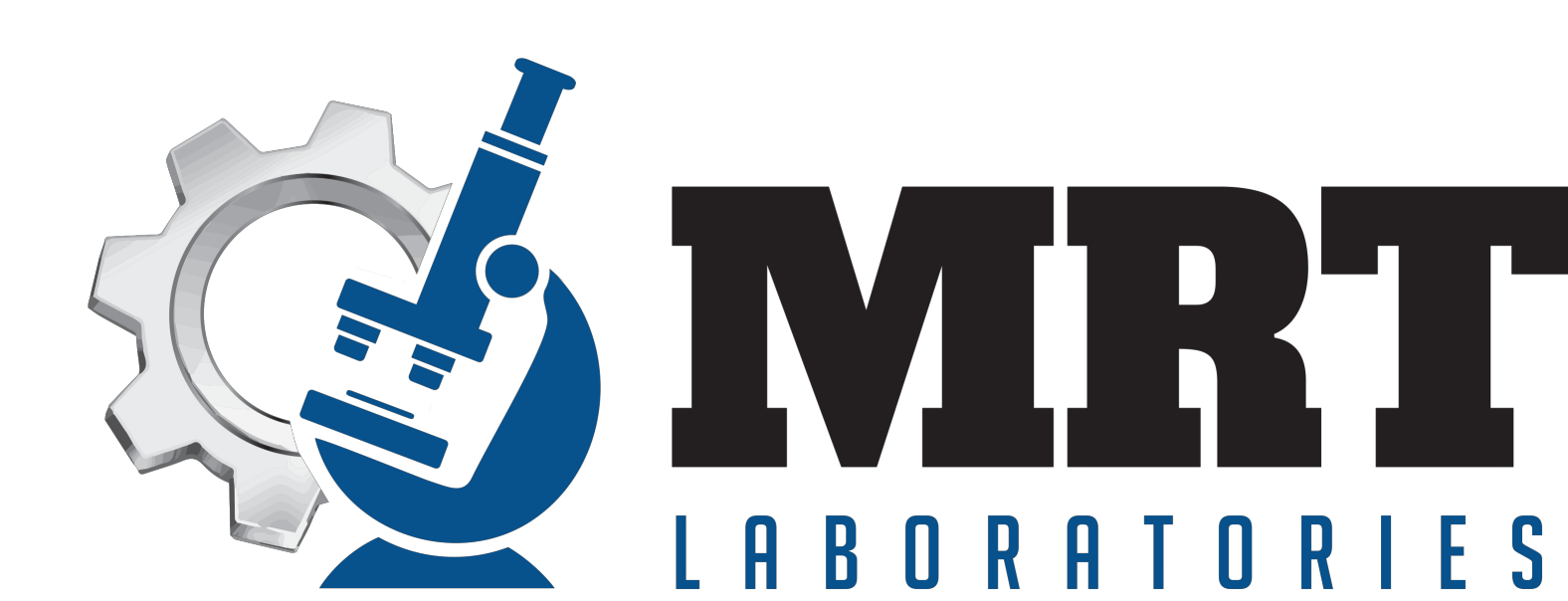Catalyst contamination – monitor lubricant degradation and filter clogging
Catalyst contamination degrades the oil and can clog lube oil filters


Common catalysts in the petrochemical industry are Triethylaluminium Al2(C2H5)6, also called TeAl, and Trimethylaluminium Al2(CH3)6, also called TMA. These products are often used in the production of detergents and polyolefins, respectively. We help our petrochemical customers look for process contamination in compressor and gearbox lubricants. TeAl and TMA typically leave behind very elevated levels of aluminum in a contaminated lubricant. They also contribute to lowering the oil viscosity and the flash point of the oil in a lube system. Changes in these test results correlate roughly to the level of contamination in a lube system and the urgency to take action to reduce contamination to avoid negative effects.
Not only does this type of contamination lower oil viscosity but it also reacts with the amine and phenol antioxidants in the oil and degrades the lubricant’s antioxidant protection at an accelerated rate. Remember to test the active antioxidant levels on at least a six-month basis on units that experience this type of contamination. We recommend the Ruler test, ASTM D6971, for most applications.
In addition, TeAl and TMA can leave behind a gel or residue that clogs lube oil filters. Consider an annual or semi-annual laboratory inspection of the lube oil filter from the contaminated system. The residue left behind on the filter will typically consist of thousands of ppm of aluminum. Lastly, the residue can build up in bearing locations, almost like a varnish, and shrink a bearing clearance which causes elevated temperature issues. Elevated oil temperature also accelerates oil oxidation.
Sample with frequency. We recommend near term action when contamination levels are elevated. Monitor antioxidant levels in contaminated oil, monitor filter dP, and check bearing temperatures on a regular basis.
